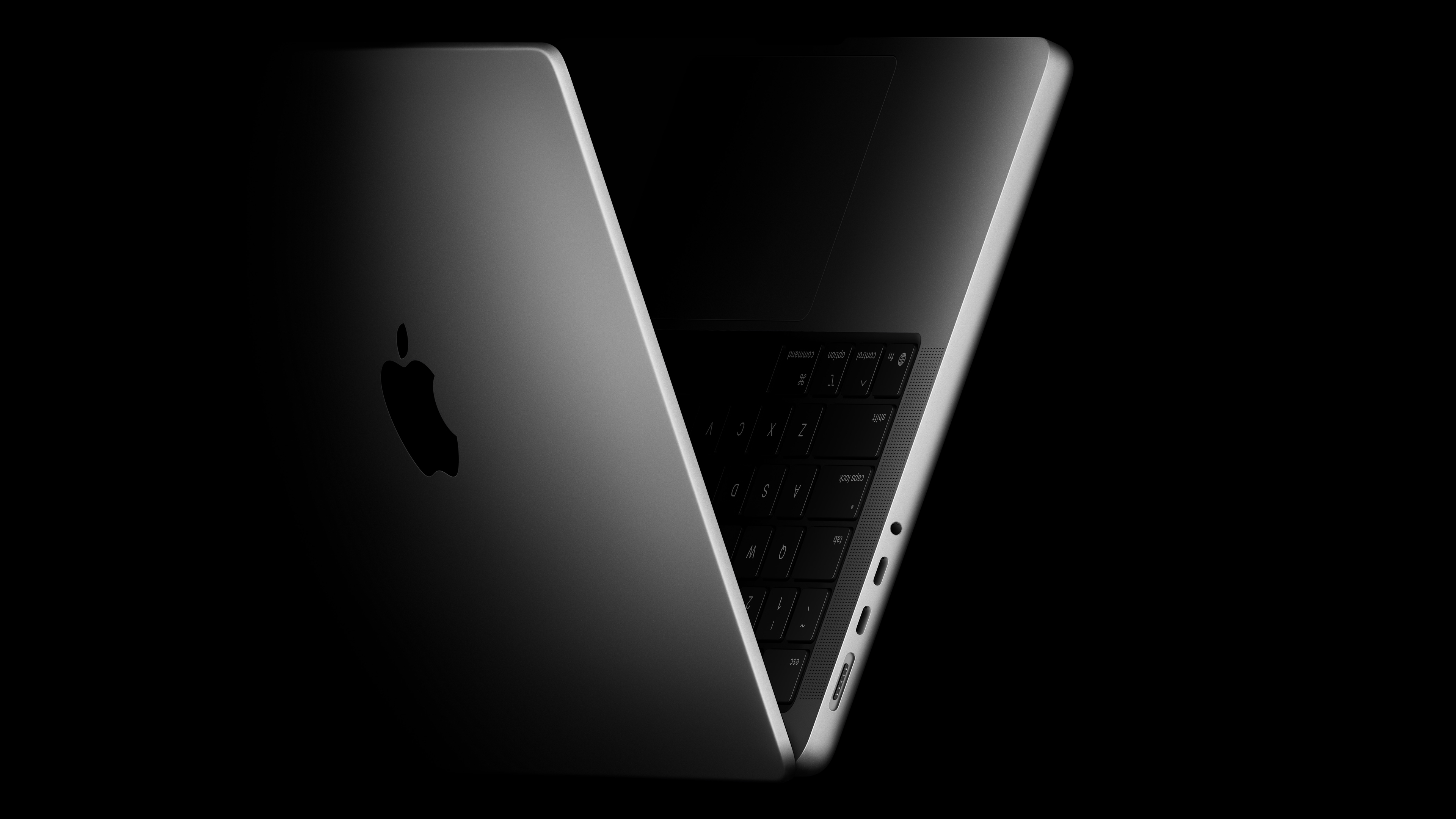Apple and Broadcom job listings suggest potential Intel Foundry collaborations — requirements highlight expertise in Intel's EMIB and 2.5D memory packaging tech
The person who gets this job will be responsible for solving integration challenges with memory packages such as EMIB and developing a roadmap for 2.5D and 3D.

A few months ago, we reported that Intel and Apple were reportedly in preliminary discussions to find ways to collaborate with each other. But since then, there have been no details on what type of collaboration the two companies might be cooking up, until now. An Apple job listing for "DRAM Packaging Engineer" has cropped up, mentioning EMIB and 2.5D, suggesting Apple could partner with Intel to package its future processor designs, similar to Nvidia. This new posting also follows similar job listings from Broadcom, suggesting that Intel's packaging services may soon be flush with new customers with massive output needs.
The person who inevitably assumes this new role will be responsible for making the best choices about how Apple should develop future memory packaging designs for its own chips. The role will also require the person to partner with memory vendors to develop a roadmap for future 2.5D/3D packaging components.
BREAKING: $AAPL Apple has just posted a job opening that requires knowledge of EMIB, a process exclusive to $INTC Intel. The Apple x Intel foundry partnership might actually be coming to fruition, under our eyesights. 🚀Job was posted Nov 11, 2025 and is the first EMIB… pic.twitter.com/RkujZ668w8November 16, 2025
The job listings do not specifically state that Apple or Broadcom will be partnering with Intel, but it does require knowledge of advanced packaging technologies and mention EMIB, Intel's proprietary packaging technology. This suggests that Apple and Broadcom are at the very least looking into Intel's packaging business as a potential candidate to assist in packaging its future homebrewed SoCs, rather than ignoring them completely for another competitor, such as TSMC and its competing CoWoS packaging technology.
Partnering together through packaging makes a lot of sense, given industry CoWoS shortages. Intel's foundry business has not been financially successful since it opened its doors in 2021, failing to attract a 'whale' customer for its chip-fabrication services. The fab has notably struggled to compete with TSMC; however, it has found great success in packaging chips for its customers thanks to having mature packaging technologies at its disposal, such as EMIB and Foveros.
With Intel actively packaging chips for major companies such as AWS, Cisco, and soon Nvidia, there's little reason for others not to consider Intel as a packaging partner, regardless of the companies' previous discussions. If things go well for Intel, this could restart Intel and Apple's partnership, a partnership that got axed when Apple decided to go into the chip-making business itself. If things go really well, we could even see future M chips being built with Intel's own silicon and packaging technologies together. But that is likely years away, and assumes Intel rectifies its current challenges.

Follow Tom's Hardware on Google News, or add us as a preferred source, to get our latest news, analysis, & reviews in your feeds.
Get Tom's Hardware's best news and in-depth reviews, straight to your inbox.

Aaron Klotz is a contributing writer for Tom’s Hardware, covering news related to computer hardware such as CPUs, and graphics cards.